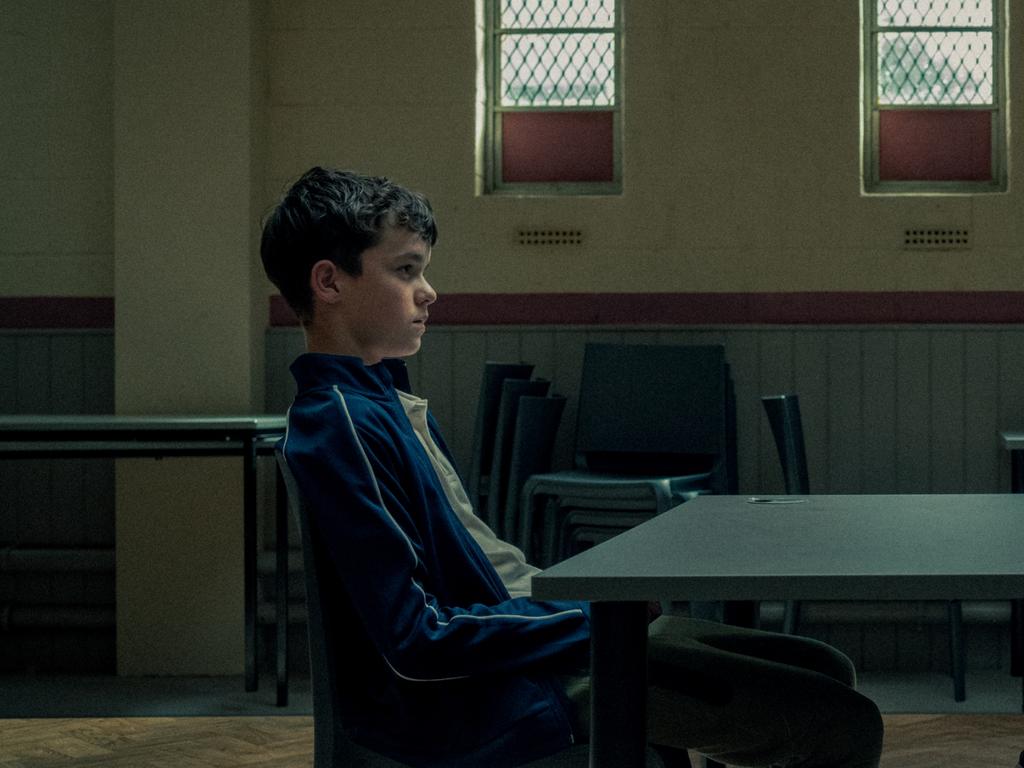Anti-social behaviour is quietly becoming the norm according to a new survey
Lying to avoid plans, gossiping at work and ghosting friends are now standard for young Aussies – with a leading psychologist explaining her greatest concern.
Dodging plans with a “sorry, I’m sick” text, spilling tea in the office kitchen, and ghosting like it’s a competitive sport — welcome to the new normal.
For Gen Z and Millennials, these once-rude behaviours are now just part of everyday life. But is this digital-age detachment, harmless self-care, or are we raising a generation fluent in fakeness?
The findings come from a survey of 2503 Australians by the Lighthouse Consumer Tracker: March 2025 Update, conducted exclusively by the News Corp Australia’s Growth Intelligence Centre (GIC).
The survey found a surprising 30 per cent of Aussies confess to lying or making fake plans to avoid seeing someone. Gen Z tops this anti-social trend at 49 per cent, with females (51 per cent) slightly more likely than males (47 per cent) to do so. This behaviour decreases with age, dropping to 37 per cent for Millennials and 14 per cent for Baby Boomers.
The survey also found 42 per cent of Australians engage in doom scrolling on social media. Gen Z tops the charts at 79 per cent , with a notable gender gap – 85 per cent of Gen Z females versus 74 per cent of males. This drops to 59 per cent for Millennials, 32 per cent for Gen X, and merely 10 per cent for Baby Boomers.

Research Director at the UNSW School of Psychology Susanne Schweizer said the research on anti-social behaviours relating to social media was still early but did seem to support the rising trend.
“There does seem to be a trend [in anti-social behaviours] and there’s some data coming out of Australia suggesting the same thing,” she said.
“That does seem to be the research, at least toxic masculinity is on the rise in classrooms so there is more negative attitudes and more negative behaviours towards teachers, in particular female teachers from young males in classrooms.”
One series raising discourse around the topic is Netflix’s crime drama ‘Adolescence’, where 13-year old boy Jamie is arrested for murdering a young female schoolmate. Dr Schweizer said the series raises “really really important questions” about how we are preparing our young people for being online.

“[The show] just really clearly highlights that we fail to educate our young people on how to interact and it’s because we don’t share the space. In personal interactions, they observe us from the day they’re born, they see us interacting with others, but in the online space, they lack that frame of reference.
“They’re doing this all on their own and there’s no explicit teaching around behaviours and their impact in social media spaces because they don’t see us on them. There isn’t a role model, an adult role model, that displays good behaviours in online spaces.”
Dr Schweizer is herself a parent of two young boys and a younger girl and is greatly concerned by the damaging potential for social media on young minds.
“I don’t know if [my boys] hide things from me. I can’t know that. I would hope not, I would hope we have a safe relationship, but I can’t know that. The most fantastic and loving of parents have had horrible experiences with what their children have been exposed to online.

“And so you can’t know, the only thing we can do is to have open conversations and to prepare them as best as we can. But if we fail to do that, then it’s on us.”
The survey also revealed porn viewing habits span generational divides with 27 per cent of Australians admitting to watching porn. Millennials lead at 39 per cent, with a stark gender divide – 54 per cent of males versus 23 per cent of females. Gen Z follows at 38 per cent, again with a significant gap (52 per cent males, 24 per cent females). Baby Boomers trail at 10 per cent, with males (19 per cent) far outpacing females (3 per cent).
A quarter of Aussies (25 per cent) admit to gossiping about people at work. Gen Z leads at 44 per cent, with females (50 per cent) significantly more likely than males (38 per cent) to engage in office chatter. This drops to 35 per cent for Millennials and a mere 6 per cent for Baby Boomers.
Dr Schweizer said that when it comes to controlling what our young people see online “the horse has bolted”.
“We can’t tame the internet, it’s here to stay and so is the content. No matter what bans apply, social media is not where pornography is, it’s not where the darknet is. It’s not where we need to teach our kids how to interact socially online. That’s what concerns me in terms of social media; the content, the harmful content that can’t be banned.”





